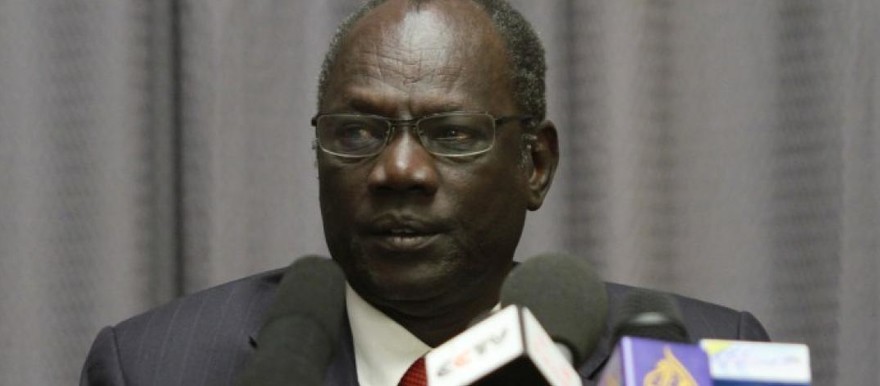South Sudan’s cabinet on Tuesday approved an additional $63 million of loan from the African Export-Import Bank (Afreximbank) to cushion the economy from disruptions occasioned by the Covid-19 pandemic.
“If you remember in the last meeting, we had approved a loan of $250 million. This time the bank has been a little bit kind and they have decided to increase the amount. So they have resolved to give us an additional sum of $63 million for the same Pandemic Trade Impact Mitigation Facility,” said Michael Makuei, South Sudan’s information minister.
In March, the African Export-Import Bank announced a $3-billion facility, named Pandemic Trade Impact Mitigation Facility (PATIMFA), to help African countries deal with the economic and health impacts of the Covid-19 pandemic.
The bank is a pan-African multilateral financial institution devoted to financing and promoting intra- and extra-African trade. It was established in October 1993 by African governments, African private and institutional investors, and non-African investors.
Mr. Makuei, who is also the government spokesperson, said the additional loan from the African Export-Import Bank will be used by the transitional government to pay off all its outstanding debts.
“The payment for this will be in the form of oil, and this will be in small instalments. It is actually a mild loan that will take time for us to finish it, but it will be a soft loan that will serve the interest of the people of South Sudan,” said Makuei.
The additional loan comes barely a month after the central bank announced that it had run out of foreign exchange reserves and could not stop the pound’s depreciation.
South Sudan’s economy is almost entirely dependent on revenue from oil. But years of civil war after independence deprived the world’s youngest country of vital income.
At its peak, oil production was at 350,000 barrels a day.
Since the signing of the September 2018 peace deal, oil production has risen back up to 180,000 barrels per day. However, plummeting oil prices have caused overall revenue to drop.
The value of the South Sudanese Pound (SSP) has fallen sharply in recent weeks, and inflation is high.




